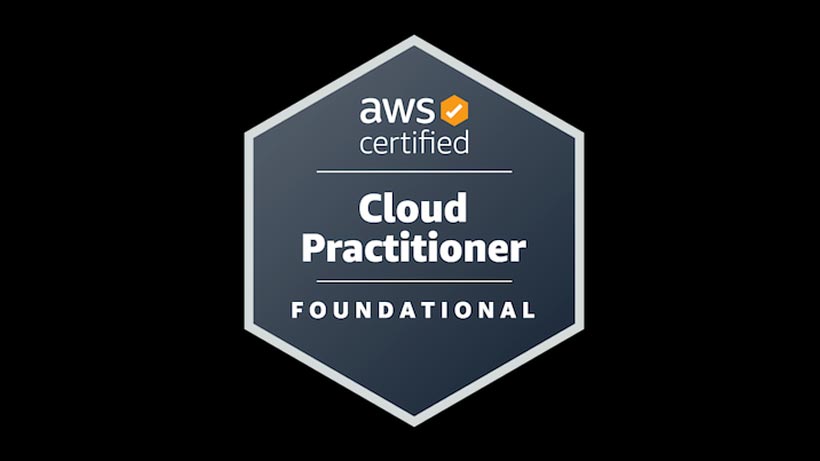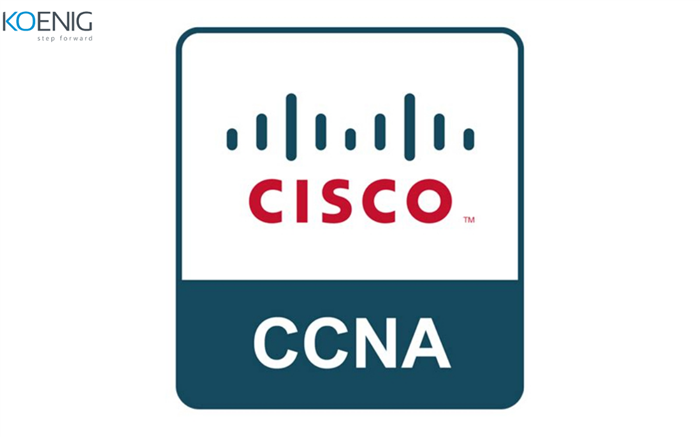SEO Strategies: How to Increase a Website's Visibility in Search Engines
Publié le

Publié le

RemoteScout24 · Publié le 2021-12-28 21:54:16.0
RemoteScout24 · Publié le 2021-12-28 21:54:16.0
RemoteScout24 · Publié le 2021-12-28 21:54:16.0
RemoteScout24 · Publié le 2021-12-28 21:54:16.0



